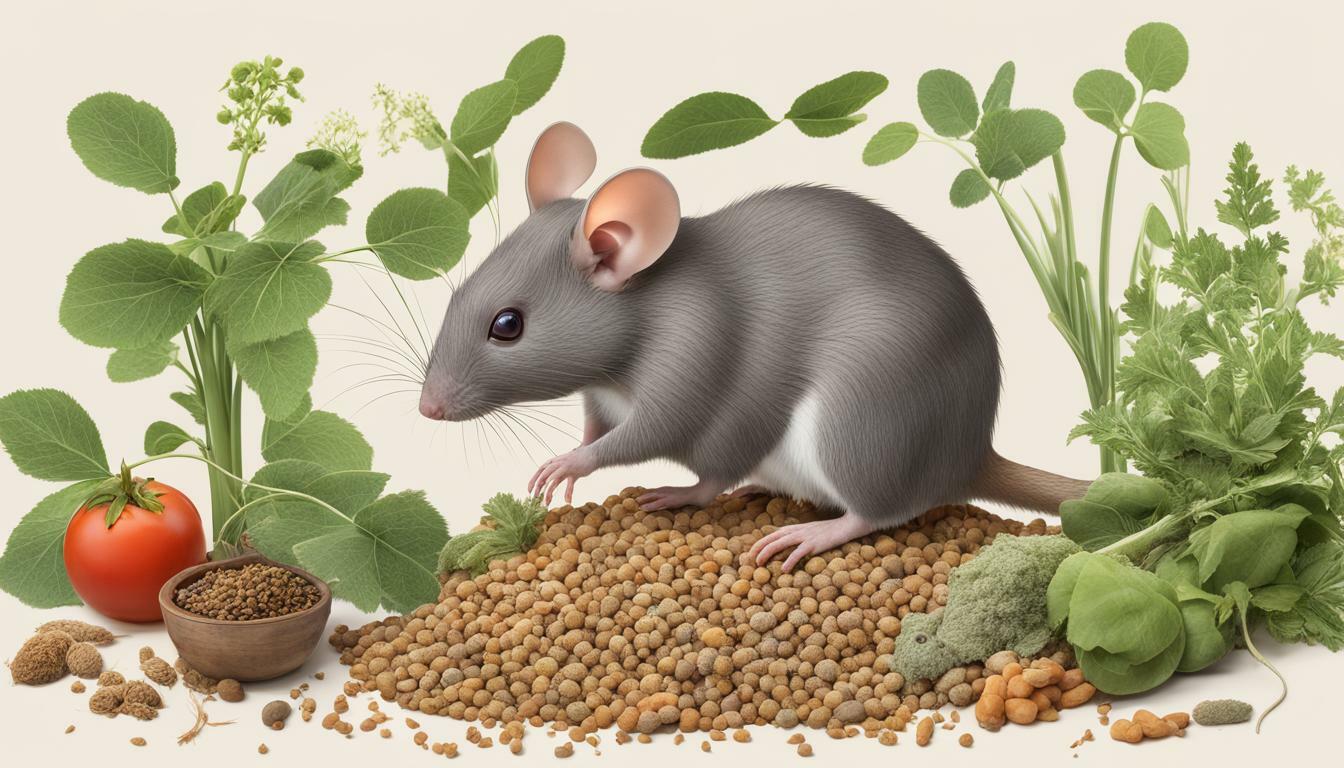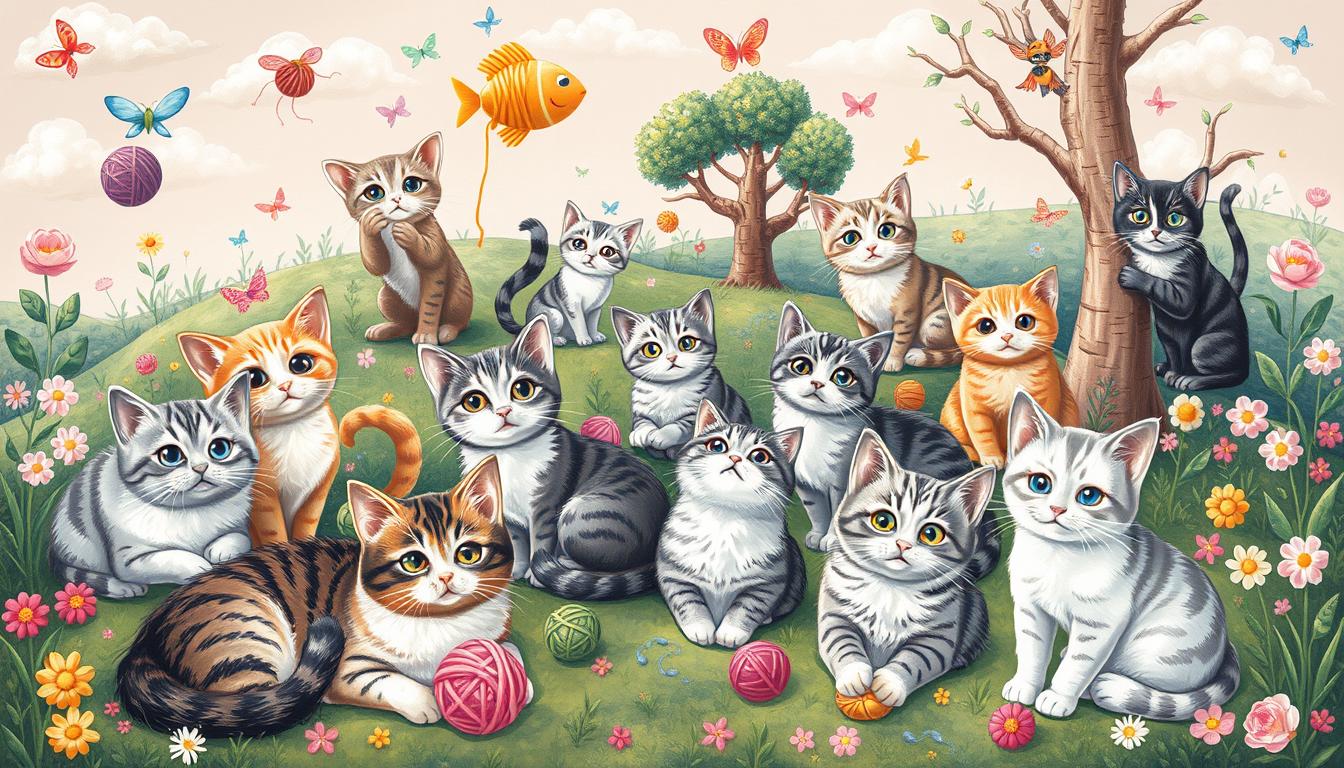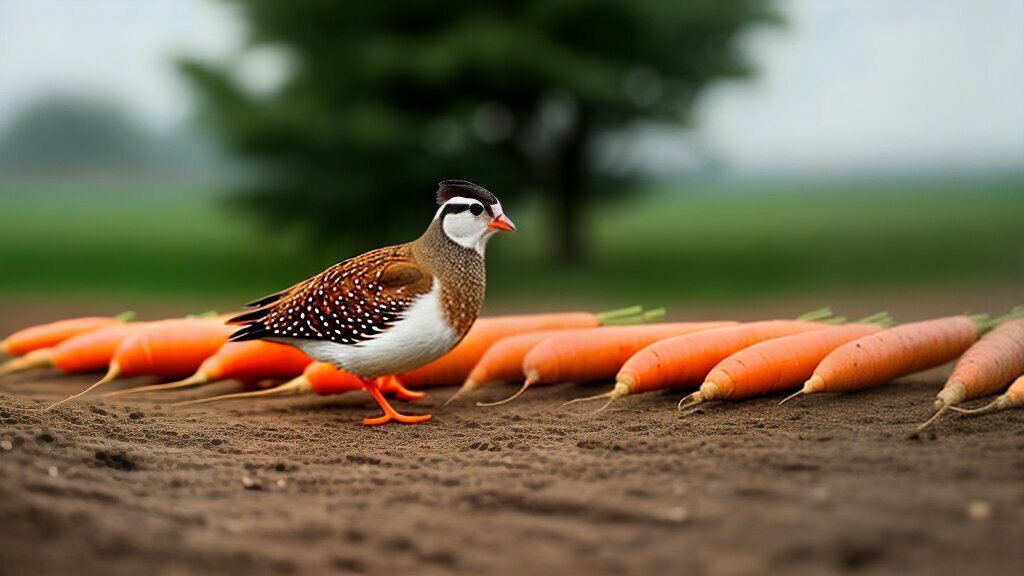Can Rats Eat Rabbit Food? Exploring Rodent Diets

Table of content:
- Can rats eat rabbit food pellets?
- Is rabbit food safe for rats?
- What happens if rats eat rabbit food?
- Are rabbit food pellets good for rats?
- Can I feed my rat rabbit food instead of rat food?
- Is rabbit food nutritionally adequate for rats?
- Will rabbit food hurt rats if they eat it?
- Do rats like the taste of rabbit food?
- Is rabbit food poisonous to rats?
- Are rats able to digest rabbit food properly?
- Final Thoughts
Rats are opportunistic omnivores that will eat just about anything. Their diet consists mainly of grains, fruits, vegetables, seeds, nuts, and some meat. Rabbit food is sometimes used as an alternative or supplement to traditional rat food. But is rabbit food actually safe and nutritious for rats?
Can rats eat rabbit food pellets?
Rabbit food pellets like alfalfa or timothy hay are often a staple of a rabbit’s diet. These extruded nuggets made from compressed hay or other plant materials can also be fed to rats. Rabbit pellets provide fiber, minerals, and nutrients that are suitable for a rat’s digestive system.
Most rat owners agree that rabbit food pellets can be fed to rats in moderation as part of a varied diet. The high fiber content helps promote digestive health. However, rat pellets specifically formulated for rats contain a more balanced mix of proteins, grains, vitamins, and minerals that growing rats need.
Is rabbit food safe for rats?
For the most part, yes, rabbit food is safe for rats to eat. Both rabbits and rats are small herbivorous mammals with similar digestive systems. Rabbit food like timothy grass, oat hay, alfalfa, and vegetable-based pellets provide fiber and nutrients rats need.
The main concern is the calcium content. Alfalfa-based foods have higher calcium levels that can be problematic in large quantities for rats. But feeding a small amount of alfalfa along with other rabbit foods like timothy hay is generally not harmful.
As always, variety and moderation are key when supplementing a rat’s diet with rabbit feed. Provide plenty of fresh fruits, vegetables, whole grains, proteins, and a nutritionally complete rat pellet as the dietary staples.
What happens if rats eat rabbit food?
Rats that eat a normal well-balanced diet supplemented with a small amount of rabbit food should experience no adverse effects. The added fiber and nutrients can promote good digestive health.
Eating a large quantity of rabbit food could cause issues due to the higher calcium and lower protein levels compared to standard rat diets. Healthy rats fed only rabbit feed may exhibit slower growth rates, digestive upset, or loose stools from the excess calcium.
Avoid feeding rats large amounts of rich alfalfa foods. Focus on grass hays like timothy which are lower in calcium. Also ensure the bulk of the diet consists of a nutritionally balanced rat pellet to prevent nutritional deficits.
Are rabbit food pellets good for rats?
Rabbit food pellets can be a great supplemental part of a rat’s diet. Alfalfa and timothy hay pellets provide dietary fiber that encourages healthy digestion and helps prevent constipation. The nutrients and minerals in moderation also give added nutrition.
Just be aware that rabbit pellets are not a complete diet replacement. They lack sufficient protein levels for rats. Fortified rat chow specifically formulated to meet all a rat’s dietary needs should be the dietary foundation. Rabbit pellets are best limited to occasional treats or a fiber source alongside fruits, veggies and proteins.
Can I feed my rat rabbit food instead of rat food?
It’s best not to use rabbit food as a total replacement for a quality rat diet. Rabbit feeds don’t contain adequate protein, vitamins, and minerals to meet a rat’s needs. Rats fed exclusively rabbit food run the risk of malnutrition over time.
However, incorporating some rabbit feed like grass hay and select pellets can add beneficial fiber and nutrients. The key is variety. Rotate a assortment of fruits, vegetables, whole grains, proteins, nutritious rat kibble, and the occasional rabbit foods. This will provide balanced daily nutrition in a form rats enjoy.
Is rabbit food nutritionally adequate for rats?
No, rabbit food alone is not nutritionally adequate as a rat’s sole diet. Rabbit feeds are formulated to meet the needs of herbivorous rabbits, not omnivorous rats. Rat diets require higher protein levels in the range of 15-25%.
Rat kibble specially designed for rats contains complete, balanced nutrition with added protein, vitamins, and minerals essential for rats’ health. Rabbit foods like hay and some pellets can supplement a rat diet but lack key proteins. Rats fed only rabbit feed risk protein deficiency and stunted growth.
For good nutrition, choose a quality rat kibble as the dietary base supplemented with fruits, veggies, whole grains and limited amounts of rabbit foods like timothy hay for extra fiber and minerals.
Will rabbit food hurt rats if they eat it?
Eating small amounts of rabbit food as part of a varied diet will not hurt rats. Certain rabbit feeds can cause problems if consumed excessively or exclusively over a prolonged period.
Alfalfa hay and pellets have higher calcium content that can adversely impact rats if eaten in large uncontrolled amounts. But grass hays like timothy are safer calcium-wise. Limiting rabbit foods to a side component of the diet prevents potential issues.
Avoid sudden drastic diet changes. Gradually transition rats onto new foods like rabbit pellets in case it causes digestive upset. Pay attention to stool consistency when making any dietary adjustments. Loose stools indicate the need for a change.
Do rats like the taste of rabbit food?
Most rats enjoy nibbling on rabbit foods like hay and certain pellets, providing a nice change of pace from standard kibble. The fiber and different textures give variety.
Rabbit pellets and hays like timothy, oat, meadow, or botanical hay offer new flavors and aromas that interest rats. Scatter feeding small handfuls keeps rats engaged. Look for fragrant herb and forage mixes they especially like.
Offer rabbit foods in moderation alongside mainstay rat chow. Monitor if any items seem unappealing. Eliminate refuse foods to prevent waste. Pay attention to each rat’s preferences and adjust food choices accordingly for maximum enjoyment.
Is rabbit food poisonous to rats?
No, rabbit food is not poisonous to rats when fed properly. Rats and rabbits have very similar digestive systems, allowing rats to safely eat most rabbit feeds. However, a few precautions apply.
Very high calcium foods like alfalfa should only be given occasionally to prevent toxicity. Fresh greens prone to spoilage like kale should be limited. Introduce new additions gradually to check for digestive issues. Also ensure adequate hydration, especially when feeding drier hay-based foods.
With a balanced varied diet and proper portions of rabbit foods, rats can enjoy added nutrition and fiber benefits without risk of poisoning. Only sudden extreme diet changes or spoiled foods pose any real threat to rats.
Are rats able to digest rabbit food properly?
Yes, rats are able to properly digest most rabbit foods. The fiber content may take some adjustment but provides added digestive health benefits.
Rats, like rabbits, have a hindgut fermentation system optimal for breaking down the cellulose and fiber in rabbit feeds. This promotes digestion and maintains regular bowel movements. The cecum and colon allow rats to utilize nutrients efficiently from plant-based rabbit foods.
To support healthy digestion, gradually transition rats to higher fiber rabbit feeds. Ensure plenty of hydration. Watch for loose stools or constipation and adjust amounts accordingly. Overall, the digestive similarities between rats and rabbits make rabbit food a safe supplemental food choice when fed properly.
Final Thoughts
Rabbit pellets and hays can be nutritious additions to a rat’s diet in moderation. Limit high calcium alfalfa, focus on grass hays, and always pair with a balanced rat kibble. Gradually introduce new rabbit foods while monitoring stool quality. This allows rats to safely enjoy the variety and nutritional benefits of certain rabbit feeds without risk of toxicity. Following these guidelines lets pet rats thrive on a diverse diet that includes the occasional rabbit food components.
Welcome. I’m Adreena Shanum, the proud owner of this website, and I am incredibly passionate about animals, especially poultry. I founded adreenapets.com as a labor of love, stemming from my desire to share my knowledge and experiences with poultry enthusiasts worldwide.




